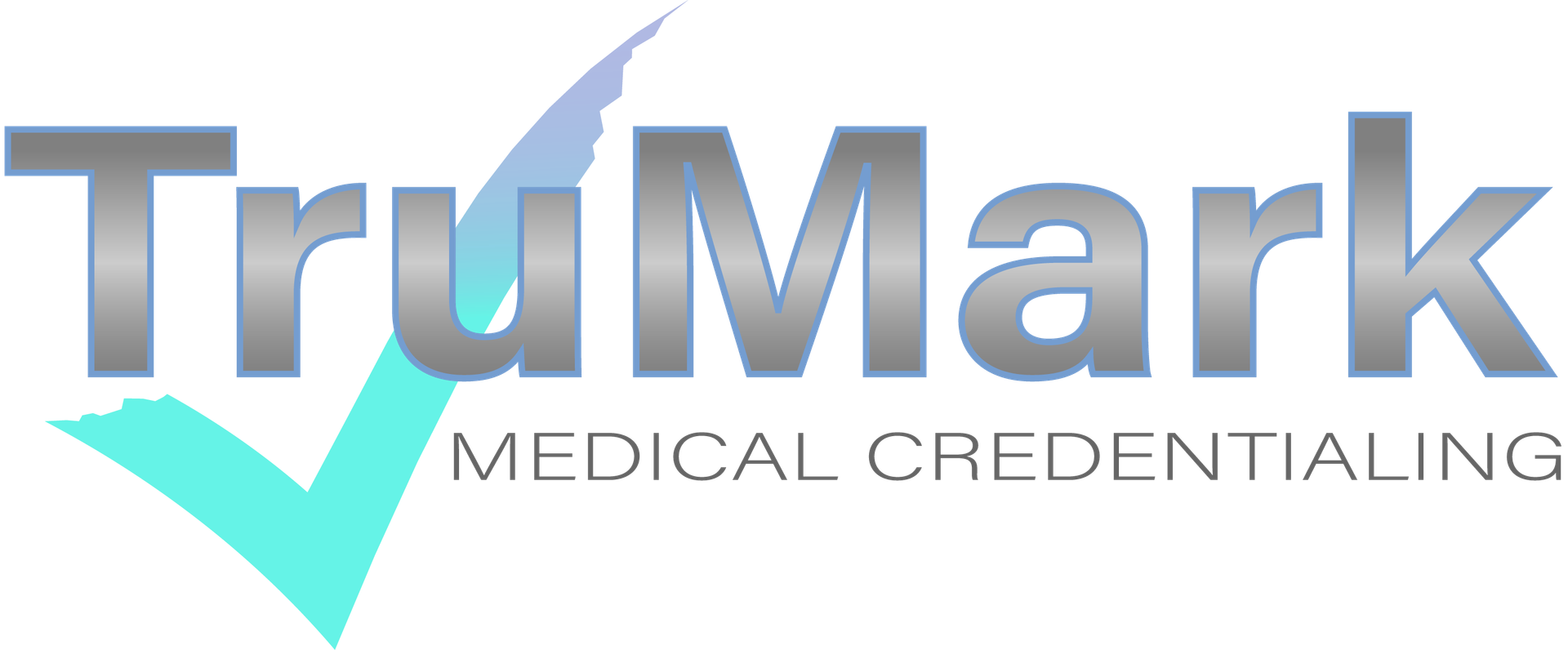
What's So Important About Medical Credentialing?
Credentialing is a critical process for healthcare professionals and facilities, as it serves several important purposes:
Patient Safety: The primary goal of medical credentialing is to ensure the safety of patients. By verifying a healthcare provider's qualifications and history, it helps to minimize the risk of patients receiving substandard care from unqualified or unethical practitioners.
Quality Assurance: Credentialing helps maintain the quality and standard of care within the healthcare industry. It ensures that providers have the necessary training, experience, and expertise to deliver competent and safe medical services.
Legal and Regulatory Compliance: Many healthcare organizations are legally required to credential their staff as part of regulatory and accreditation requirements. Failure to comply with these regulations can result in legal and financial consequences.
Insurance and Payer Relations: Insurance companies and government payers often require that healthcare providers are credentialed before they can bill for their services. Credentialing is essential for ensuring timely and accurate reimbursement.
Provider Reputation: Credentialing can enhance a provider's reputation. Being credentialed demonstrates a commitment to professional standards and patient safety, which can attract patients and referrals.
Network Participation: Credentialing is necessary for healthcare professionals and facilities to participate in provider networks. This is crucial for expanding a practice's patient base and attracting more referrals.
Risk Management: By conducting thorough background checks and ongoing monitoring, credentialing helps mitigate the risk of hiring practitioners with a history of malpractice or disciplinary actions, reducing potential liability.
Peer Review and Continuous Quality Improvement: Credentialing often includes a peer review process where healthcare professionals assess the clinical competence and performance of their peers. This can lead to continuous quality improvement and professional development.
Patient Trust: Patients trust healthcare providers to deliver safe and effective care. Credentialing helps build and maintain this trust by verifying that providers meet established standards and have a record of ethical behavior.
Cost Control: Credentialing can help control healthcare costs by preventing fraud, waste, and abuse within the system. It ensures that only qualified providers are reimbursed for their services.
In summary, medical credentialing is crucial for ensuring patient safety, maintaining high-quality care, complying with regulations, and facilitating financial and professional opportunities for healthcare providers and facilities. It is a vital component of the healthcare industry that benefits both patients and the providers themselves.
Patient Safety: The primary goal of medical credentialing is to ensure the safety of patients. By verifying a healthcare provider's qualifications and history, it helps to minimize the risk of patients receiving substandard care from unqualified or unethical practitioners.
Quality Assurance: Credentialing helps maintain the quality and standard of care within the healthcare industry. It ensures that providers have the necessary training, experience, and expertise to deliver competent and safe medical services.
Legal and Regulatory Compliance: Many healthcare organizations are legally required to credential their staff as part of regulatory and accreditation requirements. Failure to comply with these regulations can result in legal and financial consequences.
Insurance and Payer Relations: Insurance companies and government payers often require that healthcare providers are credentialed before they can bill for their services. Credentialing is essential for ensuring timely and accurate reimbursement.
Provider Reputation: Credentialing can enhance a provider's reputation. Being credentialed demonstrates a commitment to professional standards and patient safety, which can attract patients and referrals.
Network Participation: Credentialing is necessary for healthcare professionals and facilities to participate in provider networks. This is crucial for expanding a practice's patient base and attracting more referrals.
Risk Management: By conducting thorough background checks and ongoing monitoring, credentialing helps mitigate the risk of hiring practitioners with a history of malpractice or disciplinary actions, reducing potential liability.
Peer Review and Continuous Quality Improvement: Credentialing often includes a peer review process where healthcare professionals assess the clinical competence and performance of their peers. This can lead to continuous quality improvement and professional development.
Patient Trust: Patients trust healthcare providers to deliver safe and effective care. Credentialing helps build and maintain this trust by verifying that providers meet established standards and have a record of ethical behavior.
Cost Control: Credentialing can help control healthcare costs by preventing fraud, waste, and abuse within the system. It ensures that only qualified providers are reimbursed for their services.
In summary, medical credentialing is crucial for ensuring patient safety, maintaining high-quality care, complying with regulations, and facilitating financial and professional opportunities for healthcare providers and facilities. It is a vital component of the healthcare industry that benefits both patients and the providers themselves.
